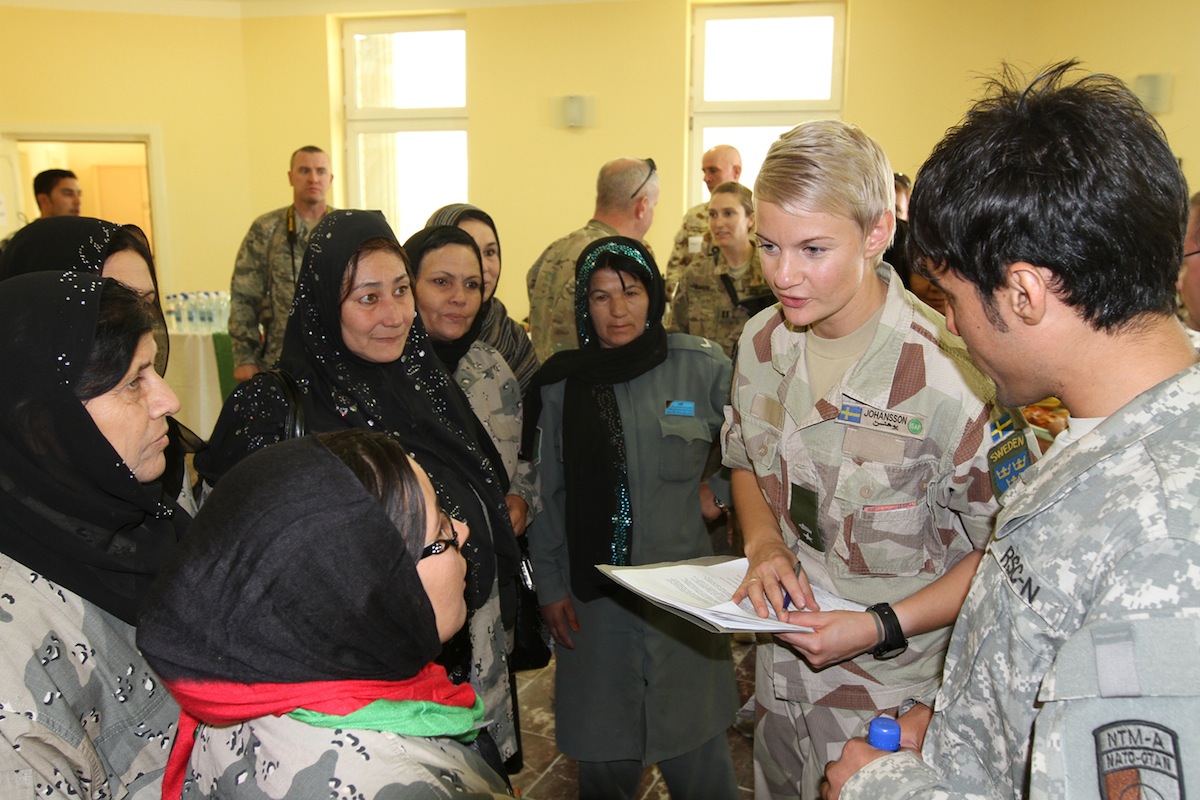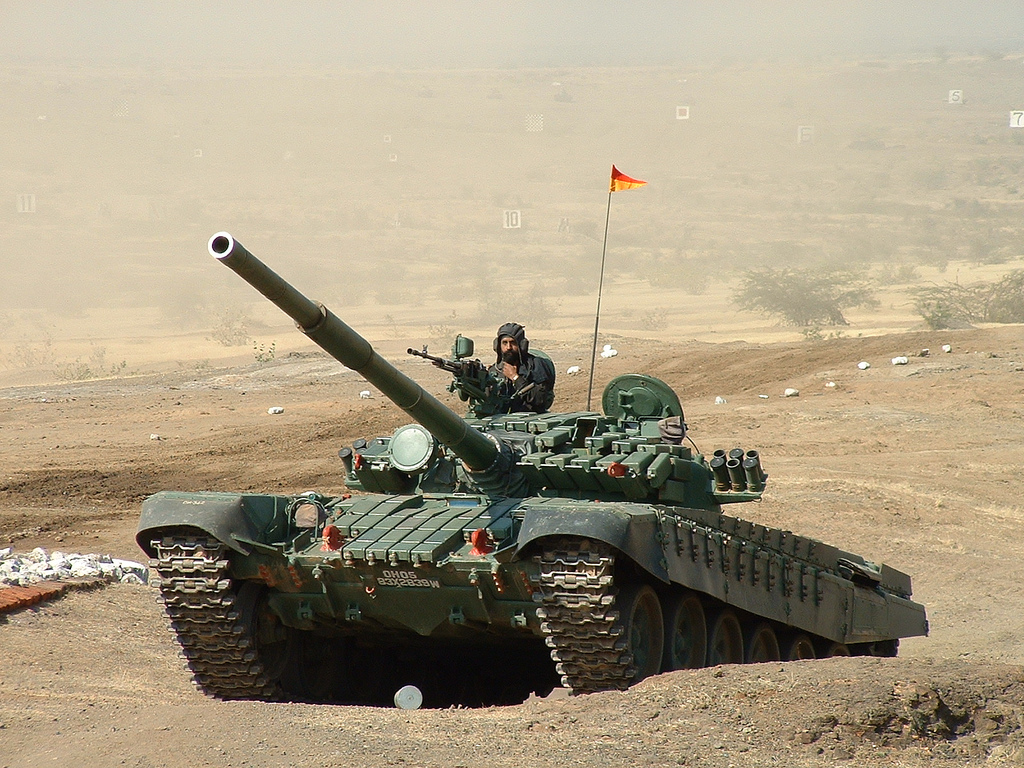What is UNSCR 1325?
United Nations Security Council Resolution (UNSCR) 1325, passed in October 2000, acknowledges the distinct and disproportionate effect war has on women and children. Women are often economically disadvantaged by war, particularly if they are living within a patriarchal family structure in which their dependence on a male partner places them in an extremely vulnerable position should he be captured, injured, or killed. Women are also far more likely to be subject to violence and sexual assault during conflict.
UNSCR 1325 outlines the importance of recognizing the differences between men and women with respect to their needs, priorities, abilities, and potential. The resolution posits that using such gender perspectives to examine issues from both male and female standpoints is an integral step towards a well-balanced and gender equal society. UNSCR 1325 emphasizes gender – which many believe to be a sociological construction – over biological sex, in order to determine how different cultures and regions are shaped by their perspectives on gender.
The three pillars of UNSCR 1325 are prevention, protection, and participation. The overarching goals are to prevent women and children from being unfairly impacted by conflict; to protect them when it is not preventable; and to engage them as decision makers and leaders in conflict management and resolution. NATO’s Action Plan for the implementation of UNSCR 1325 is based on the idea of gender mainstreaming – looking at how gender perspectives affect all levels of decision making and action, with reference to crisis management, operational planning and execution, training and education, and reports and reporting systems. The Action Plans seek to incorporate gender perspectives that are both universal and particular to a region in order to determine the best way in which to implement the ideals set out in UNSCR 1325.
NATO’s Implementation of UNSCR 1325
In the ten years following the passing of UNSCR 1325, few concrete steps were taken by NATO to ensure its success, as illustrated in a 2010 study conducted by the United Nations complaining of the organization’s inaction. Over the last three years, NATO has taken a more dynamic role in bringing UNSCR 1325’s goals to fruition. The Chicago summit of May 2012 served as a sounding board and round table for Allied leaders to discuss UNSCR 1325 as it relates to current and future NATO missions.
[captionpix align=”left” theme=”elegant” width=”300″ imgsrc=”http://www.nato.int/docu/review/2012/Predictions-2013/NATO-Securing-Sahel/files/2614.jpg” captiontext= “In 2012, NATO appointed Norwegian diplomat Mari Skare as Special Representative for Women, Peace, and Security. She is pictured here with Anders Fogh Rasmussen, the Secretary General of NATO.”]
Gender Advisors and Perspectives
The recent creation of Gender Advisor positions in the NATO missions to Kosovo and Afghanistan illustrate the Alliance’s commitment to the ideals and goals set out in UNSCR 1325. In a discussion of the recent addition of Gender Advisors to the Kosovo Force (KFOR), Admiral Giampaolo di Paola, Chairman of NATO’s Military Committee’s stated that: “Gender should be an integral part of every division’s activities, every operation, planned and current, as well as its resources, intelligence, budget and finances…It should be part of the people’s mindset – this is mainstreaming.” Gender Advisors are tasked with the role of supporting mission commanders in “planning, conduct and evaluation of operations by integrating gender dimensions and UNSCR 1325 awareness into the operation processes and procedures,” as well as implementing systems of gender awareness education and training. They also work alongside local and international women’s groups to share knowledge and increase female participation in government, education, and other areas relevant to the region’s development. It is imperative to note that while applying gender perspectives is useful in determining how best to help women and children, essentialist reductions of men to warriors and women to caretakers must be avoided at all costs. It is these one dimensional gender caricatures that have given rise to the need for Gender Advisors to right the current gender disparity. It is the third pillar of UNSCR 1325: participation, which is most essential.
Action Plans and Next Steps
As the NATO mission to Afghanistan draws to a close, the promotion of strong female participation in government, security and the economy is one of the most vital ways to protect the gains that have been made in the status of Afghan women since the start of the mission. The Action Plans used by the NATO missions in Kosovo and Afghanistan in promotion of women in roles from pre-conflict intervention to post-conflict peace-building and reconstruction must be repurposed for future missions. The struggle for gender equality is a global issue and NATO must ensure that Action Plans are in place to promote women’s participation, not just in matters of domestic policy but also at the international level. This is the surest way forward in achieving the goals established by UNSCR 1325.



